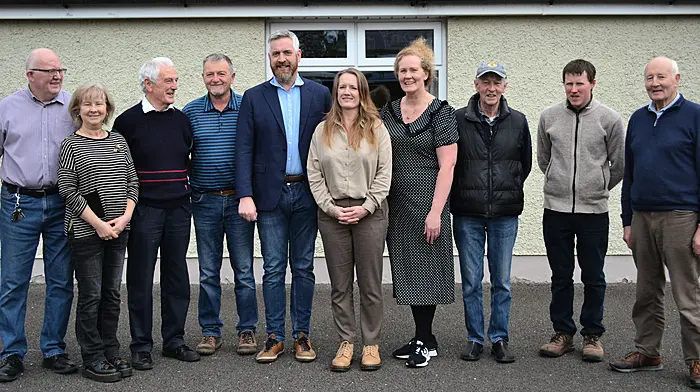THIS year’s international Climate Change Conference kicks off this weekend in Egypt.
Few of us had even heard of the annual event – Conference of the Parties, or Cop – which is organised by the United Nations, until climate activist Greta Thunberg brought it to global attention.
Her speech, condemning the ineffectiveness of Cop26 in Glasgow last year, was pretty much on the mark. Then, she described the UN climate change summit as a ‘two-week long celebration of business as usual and blah, blah, blah’.
She said world and business leaders were creating loopholes to benefit themselves. A year on, with world temperatures this week making new records, and more headlines, one would find it hard to argue with her rhetoric.
Greta is so disillusioned herself that she is not even going to bother to go to Egypt. Although she has also drawn attention to the country’s human rights record as another reason for staying away.
But, primarily, she has said that this week’s conference will be another attempt at ‘greenwashing’ – leaders attempting to make it look like they care about climate change, but not doing anything much – or certainly not anything drastic – about it.
It’s a pity in some ways that she is shunning this year’s conference because if ever the world needed a laser-focused climate debate, it is surely this year.
It was reported in recent weeks that we are not going to meet our target of keeping the increase in temperature to 2 degrees Celsius, or less. In fact, we will far exceed it, with scientists predicting that Earth’s temperature will rise by between 2.1 and 2.9 degrees by century’s end, even if all current carbon targets are met.
Cork Cllr Oliver Moran of the Greens recently described the latest Environmental Protection Agency (EPA) report on Ireland’s climate action as ‘jaw-dropping when parsed’. We knew we’d miss our 2013–20 target, but Covid had even less effect than we thought, he said. The projection for emissions in Ireland by 2030 is now just -2%, when the Climate Act is about halving emissions, he pointed out, adding: ‘Continuing like we are is a form of climate denial.’
The task of those seated around the negotiating tables at Cop27 is not enviable, for sure. And 2022 is likely to be their most challenging year so far.
The move back towards fossil fuels because of the war in Ukraine is just one element of the debate, and of course the war itself is contributing to the release of carbon into the atmosphere. Some quarters have estimated the war has already resulted in 31 million metric tons of carbon-dioxide-equivalent emissions — about the same as Sweden’s annual figures – being released into the atmosphere.
Then there is the fact that this year has provided yet more record-breaking figures for soaring temperatures, amid a backdrop of bush fires and devastating floods – right across the globe.
This week alone, at the start of November, we had reports of temperatures of over 30 degrees in Spain and over 20 in France. Last Thursday, outside Seville, a temperature of 35.1 degrees was recorded.
Indeed, while world leaders and climate scientists congregate on Sharm el-Sheikh in Egypt this weekend, they can look forward to temperatures touching 30 degrees, too.
Let’s hope the fine weather at this popular beach resort doesn’t distract them from the task in hand – helping to find consensus on ways to urgently slow down the melting, burning and drowning of our beautiful planet.







